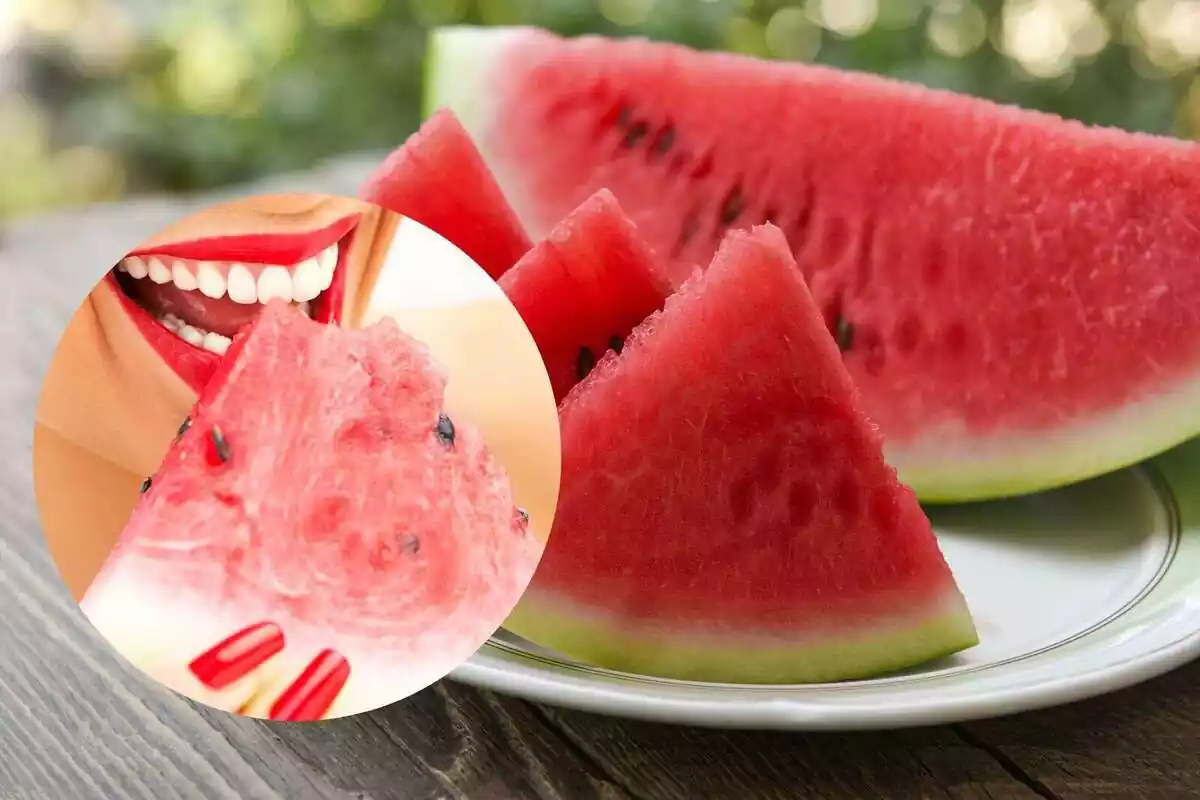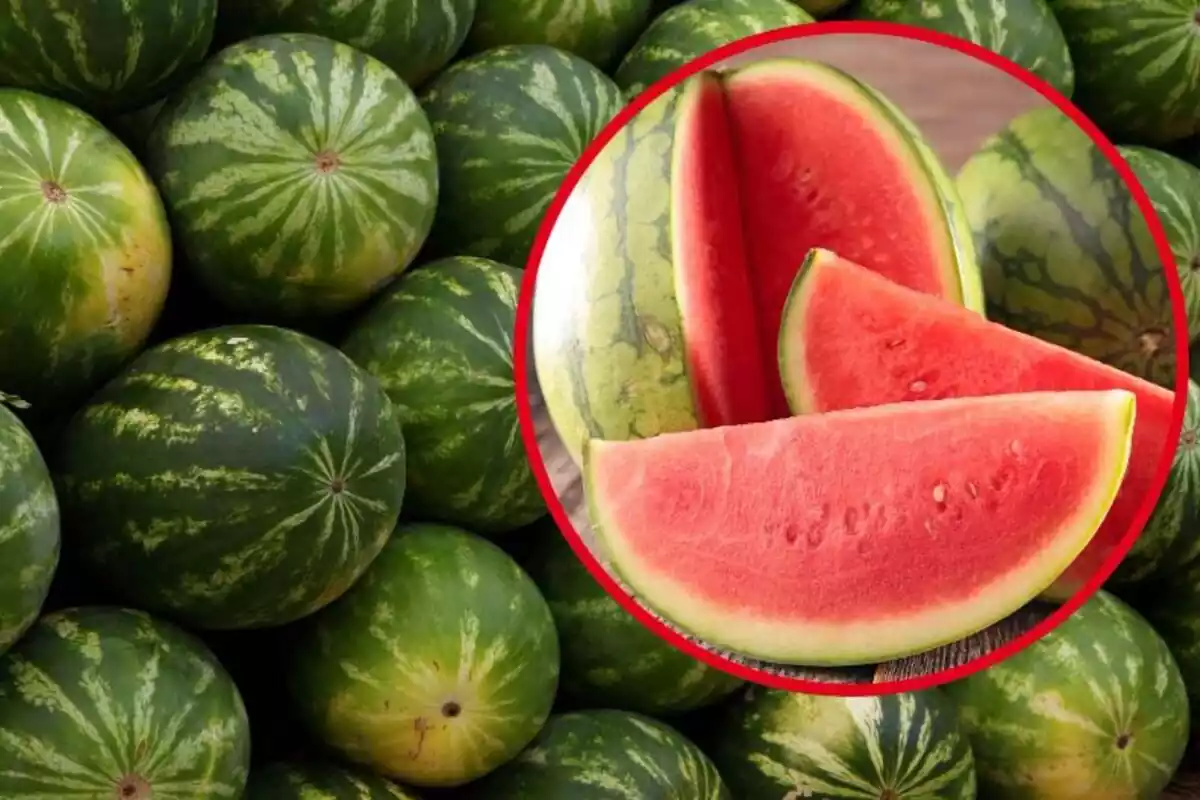In summer, although there are many fruits that can be enjoyed, watermelon is the queen of the table. It's refreshing, tasty, and full of water; without a doubt, it's one of the favorite fruits to beat the heat. However, what many people discard without a second thought may have unexpected value.
There are habits that we repeat without questioning them, because it's what we've always learned. Throwing away watermelon rind seems obvious, but a new nutritional approach is changing this custom. A warning that's gained momentum is responsible for this shift.

Watermelon rind: a superfood
Watermelon rind has recently been declared a superfood by nutritionists. Its potential as a health ally is drawing attention around the world. Far from being just waste, it holds multiple benefits.
According to an article from Infobae based on Very Well Health, watermelon rind contains citrulline, an amino acid with antioxidant and vasodilatory properties. This compound helps improve circulation and supports cardiovascular health. It also contains other nutrients, such as fiber, potassium, and vitamin C.
In addition, the white part of the rind helps the digestive system. Its consumption can improve intestinal transit and provide a feeling of fullness. This makes it an ideal option for healthy diets and weight control.

How to incorporate watermelon rind to take advantage of its benefits
Including watermelon rind in daily meals doesn't require much effort. It can be grated into salads, blended into smoothies, or even sautéed in savory dishes. The mild flavor makes it easy to combine.
Nutritionists also suggest preparing it as pickles, similar to cucumbers. This technique enhances its texture and turns it into a tasty and functional snack. In a context where sustainable consumption is gaining prominence, this proposal aligns with zero-waste trends.

Reusing what was previously thrown away benefits health, the wallet, and the environment. Saving watermelon rind is a way to transform our eating and sustainability habits. Adopting this change provides nutrients and promotes a more informed, practical, and resource-respectful food culture.

